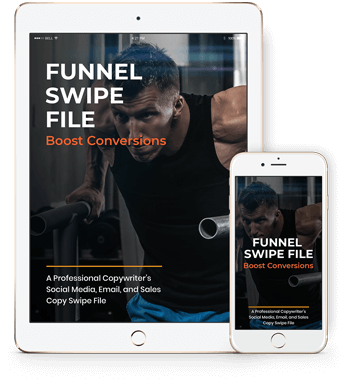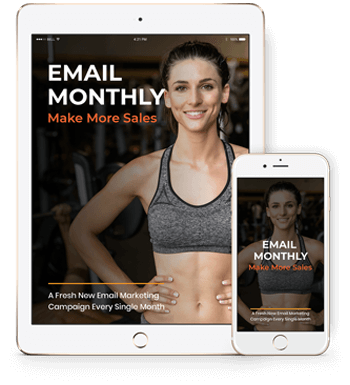
How To Really Connect With Your Audience
- 0
- |
- 1
Have you ever noticed that a lot of writing in your niche is actually fairly boring?
That’s good news for you. Because if everyone else in your niche is creating dry, mediocre content, then you’ll stand out if you create something entertaining.
And if you really connect with your audience, you can bet they’ll want to read every word you publish.
So how do create this connection between your words and the heart and souls of the audience? Like this…
Stories are good ways to connect with your readers, because a story tends to help you form that emotional connection. It helps the reader identify with you. And a story is much more memorable than simply telling a reader what to do.
You can write this story either about you or someone else. Either way, however, the story will be more impactful if the main character is very similar to your readers.
So if your readers are stay at home moms who’re looking for an opportunity to make money from home, then you’ll connect to these readers if your story is about a stay at home mom who overcame this same problem.
Another thing a story can do is help demonstrate to your readers that you really understand them and their problems. And when a reader feels like the author understands him, you can bet he’ll keep reading.
Your readers have no doubt read plenty of articles, reports and ebook on the same topic as the one you’re writing about. However, a lot of this content is “author oriented.” That means that it seems to be more about the author rather than the readers.
Example: You might read a book about dog training in which the author seems to boast repeatedly about his credentials or delve into personal stories that actually aren’t of interest or relevant to the reader.
One way to quickly check if your writing is author-oriented is to see how many times you’ve used words like “I” or “me” versus how often you use words like “you” and “yours.” You want to use more “you” writing, since this is reader-oriented writing.
Let me give you an example:
- Author-oriented writing: “I’m going to tell you about how I lost weight.”
- Reader-oriented writing: “You’re going to discover a weight-loss trick that’s worked for me – and it will work for you, too.”
If you’re writing a “how to” article, then it’s easy to fall into the familiar pattern of writing a straightforward article: “This is step 1… this is step 2…” Basically, it’s the same kind of article everyone else publishes.
Instead, engage your audience by freshening up your writing.
This includes:
- Adding in your own tips. In particular, include unique tips and tricks not found anywhere else.
- Using stories to illustrate points. Be sure to engage all five of your reader’s senses to really bring him into your story.
- Inserting examples to make things more clear. Just look at the way I gave an example of reader versus author-oriented writing above.
- Including “spiced up” writing. For example, instead of merely describing someone as nervous, you could say “He was more nervous than a long-tailed cat in a room full of rocking chairs.” That’s much more memorable, impactful and fun!
Summary
You’re writing with a purpose, whether it’s to presell your readers, teach them something or just develop a good relationship with them. However, these goals are not possible if your writing doesn’t engage and connect with your audience.
That’s why you’ll want to use the tips above to improve your ability to connect with your readers!













